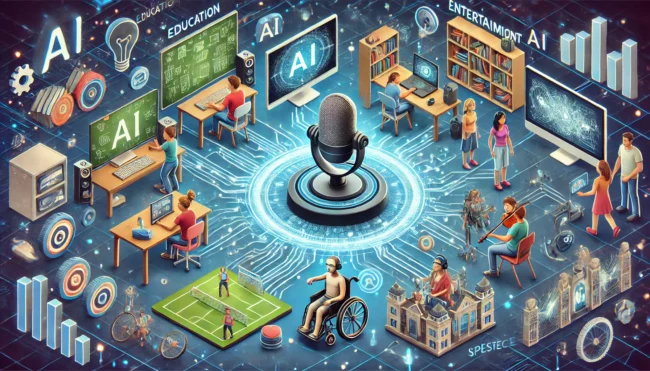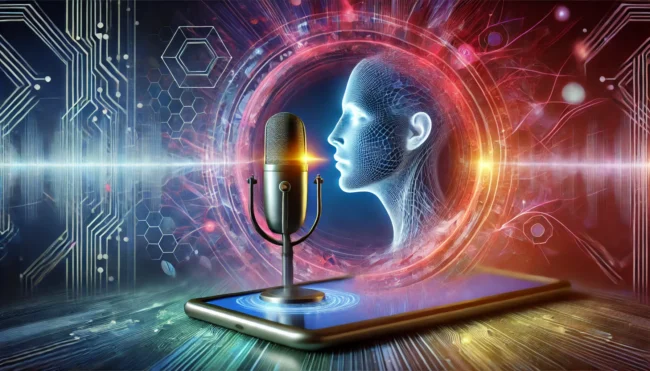In the ever-evolving landscape of artificial intelligence, Google has once again pushed the boundaries of what’s possible. The tech giant’s latest offering, the Mars5 Text-to-Speech (TTS) system, represents a quantum leap in speech synthesis technology. This groundbreaking system promises to deliver unparalleled naturalness and versatility in computer-generated speech. Google’s release of the Mars5 TTS system marks a significant advancement in speech synthesis technology, offering improved naturalness and versatility that could revolutionize various industries and enhance accessibility for millions of users worldwide.
A Brief History of Speaking Machines
Text-to-speech technology has come a long way since its inception. Early systems produced robotic, monotonous voices that were easily distinguishable from human speech. These rudimentary attempts paved the way for more sophisticated models that leveraged linguistic rules and pre-recorded speech segments. However, creating truly natural-sounding speech remained a significant challenge. Recent years have seen remarkable progress, with systems like Amazon’s Polly and Apple’s Siri setting new standards for digital voices. Yet, the quest for human-like speech synthesis continued, leading to the development of more advanced systems like Google’s Mars5 TTS.

Mars5 TTS: A New Frontier in Speech Synthesis
Google’s Mars5 TTS system stands out from its predecessors in several key aspects:
- Improved Naturalness: Mars5 generates speech that closely mimics human intonation and rhythm.
- Multi-language Support: The system offers a wide range of languages and accents.
- Customization Options: Developers can fine-tune voices for specific applications.
- Seamless Integration: Mars5 easily integrates with other Google services and third-party platforms.
These features combine to create a TTS system that can produce speech nearly indistinguishable from human voices in various contexts, from casual conversation to professional presentations.
Revolutionizing Industries Through Voice
The potential applications of Mars5 TTS are vast and varied:
- Accessibility: Visually impaired users can benefit from more natural and expressive screen readers.
- Virtual Assistants: Smart home devices and digital assistants can engage in more human-like interactions.
- Education: E-learning platforms can offer personalized, voiced content in multiple languages.
- Entertainment: Audiobooks and video games can feature dynamic, context-aware voiced characters.
Mars5’s ability to generate natural-sounding speech in real-time opens up new possibilities for personalized voice interfaces across numerous industries.
The Future Speaks
Google’s Mars5 TTS system represents a significant milestone in the quest for natural-sounding artificial speech. Its potential to enhance accessibility, improve user experiences, and transform industries is immense. As we stand on the brink of this new era in human-computer interaction, it’s crucial to balance innovation with ethical considerations. The future of speech synthesis is here, and it speaks with a voice that’s more human than ever before. As we continue to develop and refine these technologies, we must remain vigilant in ensuring they are used to benefit society as a whole, creating a world where technology truly speaks our language.

